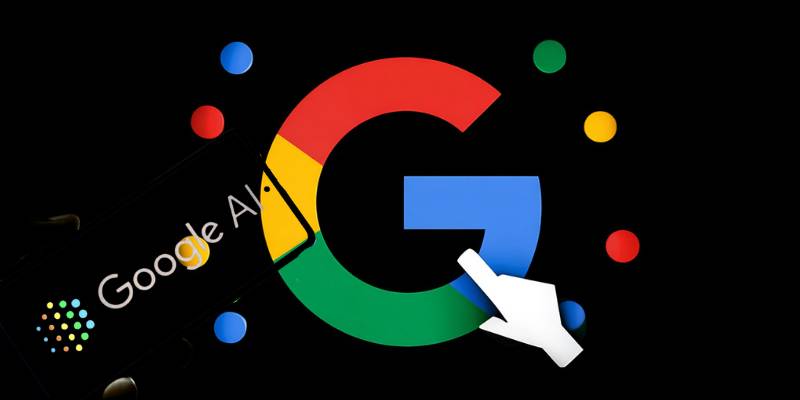Italian publishers are fuming — and frankly, who can blame them? They’ve filed a formal complaint with regulators over Google’s AI Overviews, accusing it of siphoning off readers by handing people bite-sized summaries right in the search results.
The detailed exposé on how the controversy erupted describes an industry that feels blindsided.
Imagine pouring your heart into journalism only for an algorithm to paraphrase it before readers ever visit your site. That’s not just frustrating — it’s existential.
What’s wild is that the numbers seem to back up the outrage. Independent researchers studying the impact of AI-generated snippets found that websites lose up to 80% of their organic traffic when such summaries appear — a finding discussed in depth by data analysts in an Authoritas report on search visibility.
That’s like throwing a party and realizing Google’s already handed out your hors d’oeuvres next door.
And while Google insists that it “helps users discover” more information, most publishers call that PR spin, not partnership.
Meanwhile, lawmakers are stepping in. Italy’s regulators are considering whether Google’s AI behavior violates new European frameworks tied to the EU’s Artificial Intelligence Act, which aims to rein in opaque or high-risk algorithms.
It’s the kind of bureaucratic thunder that’s been rumbling for years — and now, the lightning’s striking squarely at Big Tech’s front door.
You can feel the tension between innovation and control; both sides claim to protect the public, but neither seems ready to compromise.
Still, this isn’t just Italy’s storm. Across the continent, media outlets are joining forces.
Reports have emerged that French and German publishers are considering a joint petition, echoing findings shared by journalists tracking the dispute across Euractiv’s coverage of digital regulation.
If that momentum builds, it could reshape how AI-generated content is monetized, possibly forcing tech giants to share the wealth they’ve been quietly redirecting.
Yet, I can’t shake this thought — maybe we, the readers, are complicit too. We crave convenience; AI gives it to us on a silver platter.
But if you never click through, you never hear the full story. Analysts quoted in Reuters’ deep dive into media automation warn that journalism risks becoming background noise in a feed dominated by machine-generated summaries.
The irony? The smarter our search engines get, the less we might actually search.
Maybe that’s what makes this fight so human. It’s not just about algorithms or ad revenue — it’s about attention, trust, and the fading rhythm of curiosity in an era where answers come too easily.


